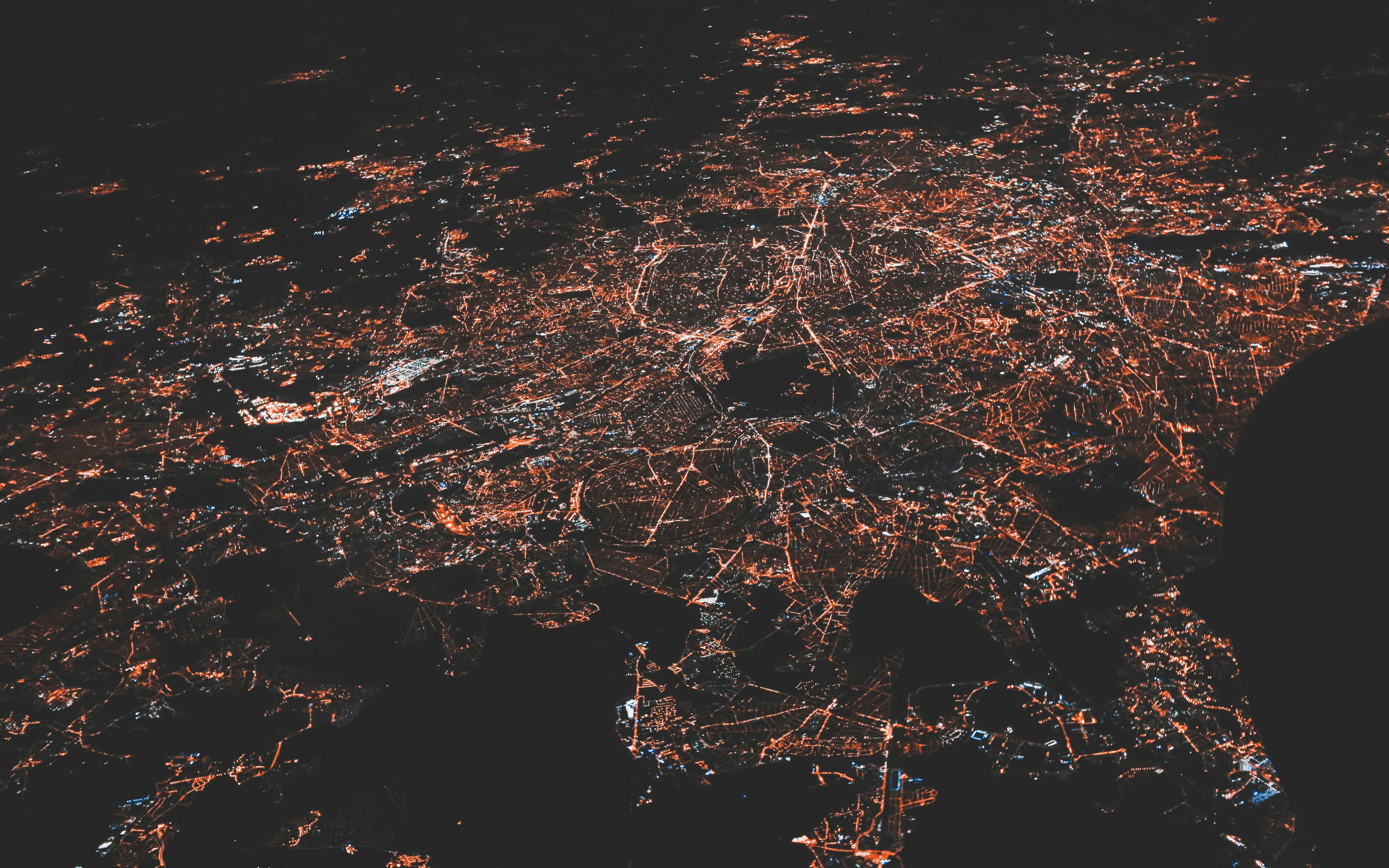Networks of the future will be hyperconnected knowledge islands
date
Jul 3, 2014
slug
2014-networks-of-the-future-will-be-hyperconnected-knowledge-islands
status
Published
tags
connectivity
technology
data
information
type
Post
ogImage
summary
Networks of the future: Hyperconnected islands enabling data sharing and connection, challenging closed networks' isolation.

Technology companies invariably adopt a libertarian tone in their marketing, particularly during their exponential growth phase (like the famous Apple SuperBowl ad in 1984). However, and increasingly, once they assume the role of superpowers, they become overly protective of their rights. They are reluctant to make concessions to smaller competitors, they squeeze users who have no alternatives, and more recently, they show little caution with user privacy while being radical in preventing the sharing of data that these same users provide. This does not change the fact that this approach has no long-term future. The future belongs to networks that enable platforms for connection and data sharing the most. "Closed" networks tend to isolate themselves.
To reach its first billion users, Facebook had to adopt a growth rate as aggressive as an epidemic infection (the observation is backed by a study by two Princeton researchers). It would have been impossible to reach planetary proportions without proposing an aggressive sharing alternative - just like Google also did on its path to market leadership. The long-term problem is that Facebook connects you to people you know, but not to people who share your specific interests.
This happens because to reach its current size, Mark Zuckerberg's network had to propose the most inclusive possibility for a social network, with tools and increments that appealed to the largest possible number of people. However, this doesn't align with a platform that provides the resources that allow each interest group (for example, fishermen, grindcore lovers, and labor lawyers) to delve deeply into the subjects they truly love. To create a representative image, Facebook is horizontally gigantic, but has very little depth. You can post a funny video, but you can't develop a deep assessment of the Crimean ethnic-political crisis.
A possible solution to this rationale is to consider networks that are willing to connect with other networks. This possibility of hyperconnection is strongly supported by graph theory, which governs the foundations of networks and explains many of their characteristics, including their topologies. Networks that connect with each other expand their potentials - unlike what happens today, where the main social networks have restrictions on access given to other networks.
This type of restriction is understandable. Financially, networks are not services offered for free (if you are not paying anything for a service, you are probably the product), and secrecy in relation to data makes them more valuable to advertisers. However, the advancement of technology tends to reduce the ability of service providers to keep their users within a certain protocol against their will. The number of layers in the social world tends to only increase, and it will be increasingly difficult to dictate who sees what and at what price. If you have any doubts, ask the cable TV operators. The pressure for connectivity should only increase. Whoever stands in the way will be the point of impact of this growing pressure.
Photo by Nastya Dulhiier on Unsplash